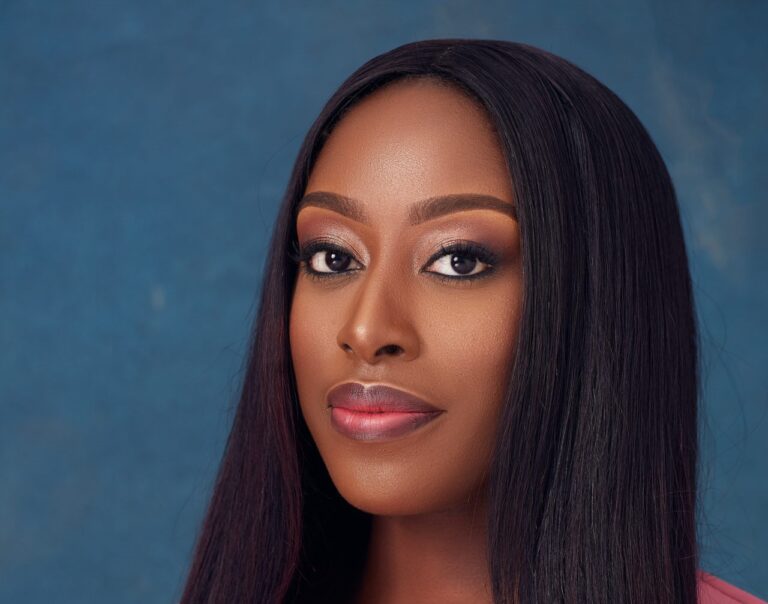Chiney Ogwumike, a name synonymous with passion and purpose, is making waves in her mission to strengthen ties between the United States and Africa. Born from a deep-rooted connection to her Nigerian heritage, Chiney is now a member of the groundbreaking President’s Advisory Council on African Diaspora Engagement, a momentous announcement by the White House that holds immense promise.
In a recent phone interview with The Associated Press, Chiney expressed her profound sense of calling, saying, “Best way to describe it, it feels like it’s a calling of a lifetime.” Her enthusiasm is infectious, and it’s evident that this endeavor is deeply authentic to her core values and aspirations. She sees it as an opportunity for exponential impact—a calling that transcends a mere appointment.
A 31-year-old Stanford graduate and WNBA player, Chiney Ogwumike has a history of advocating for African women’s rights. Her journey began in 2014 when she, alongside her sister Nneka, initiated a UNICEF fundraiser in response to the kidnapping of Nigerian girls by Boko Haram. This heartfelt endeavor aimed to create opportunities for children and young people who share her background, enabling them to transform their lives as she did.
Chiney’s life story reflects the convergence of Nigerian determination and boundless American opportunities, an inspiring narrative she intends to share widely. She views her role on the advisory council as a pathway for youth to empower themselves, bridging the gap between continents and cultures.
The council, announced by Vice President Kamala Harris during the 2022 U.S.-Africa Leaders Summit, boasts distinguished leadership, with Rev. Dr. Silvester Beaman of the African Methodist Episcopal Church as the chairperson. Among its members is Oscar-winning actress Viola Davis, and notably, Chiney Ogwumike stands as the youngest female representative on the council.
Their mission is clear: to provide invaluable guidance for reinforcing cultural, social, political, and economic ties between the U.S. and Africa. They aim to promote trade, investment, and educational exchanges that will benefit both regions. Chiney’s background as an NBA analyst for ESPN and her compelling advocacy make her a vital contributor to this important work.

Chiney’s path to this impactful role took a fortuitous turn when she spoke at the UN General Assembly last year. There, she shared her thoughts on the transformative power of sports and its potential to shape a better world. Fueled by her passion, she submitted her resume for the council and awaited the outcome with bated breath.
Chiney Ogwumike’s journey from the WNBA courts to the White House advisory council exemplifies the profound impact one individual can make when driven by a heartfelt commitment to a cause. Her story reminds us that heritage, determination, and opportunity are powerful forces for change, and they can unite continents in the pursuit of a brighter future.



